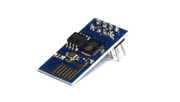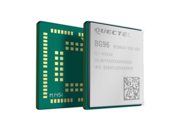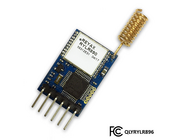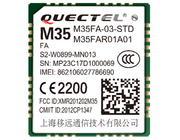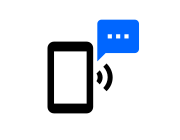AT Command Handler
AT (About Modules) handles sending AT-style commands to a Serial device and receiving their responses, while not blocking (allowing other JavaScript to execute in the background).
For real-world usage, check out the ESP8266 and SIM900 modules.
You can use it as follows:
var at = require("AT").connect(Serial2);
// Return some debug data, but also enable debug mode.
// Debug mode prints out what is sent and received
at.debug();
// As soon as the line buffer starts with `+IPD`, call a function
at.register("+IPD", function() {
return "Text that should go in the line buffer now";
});
// don't do it any more
at.unregister("+IPD");
// As soon as we get a complete line that begins with `Foo`, execute the function
at.registerLine("Foo", function() { ... });
// Now don't listen
at.unregisterLine("Foo");
// Just write some data, don't wait for a response
at.write("Hello!\r\n");
// Send simple command with 1 second timeout
at.cmd("AT+EO\r\n", 1000, function(d) {
if (d===undefined) ; // we timed out!
// or d is now the result we got
});
// Send command that returns multiple items
at.cmd("AT+FOO\r\n", 1000, function cb(d) {
if (d===undefined) ; // we timed out!
console.log(d);
if (still_waiting_for_more_info) return cb;
});
// Are we waiting for the response to a command?
if (at.isBusy()) ...
// forward the next charCount characters received to the callback function
at.getData(charCount, callback)
Using
This page is auto-generated from GitHub. If you see any mistakes or have suggestions, please let us know.
